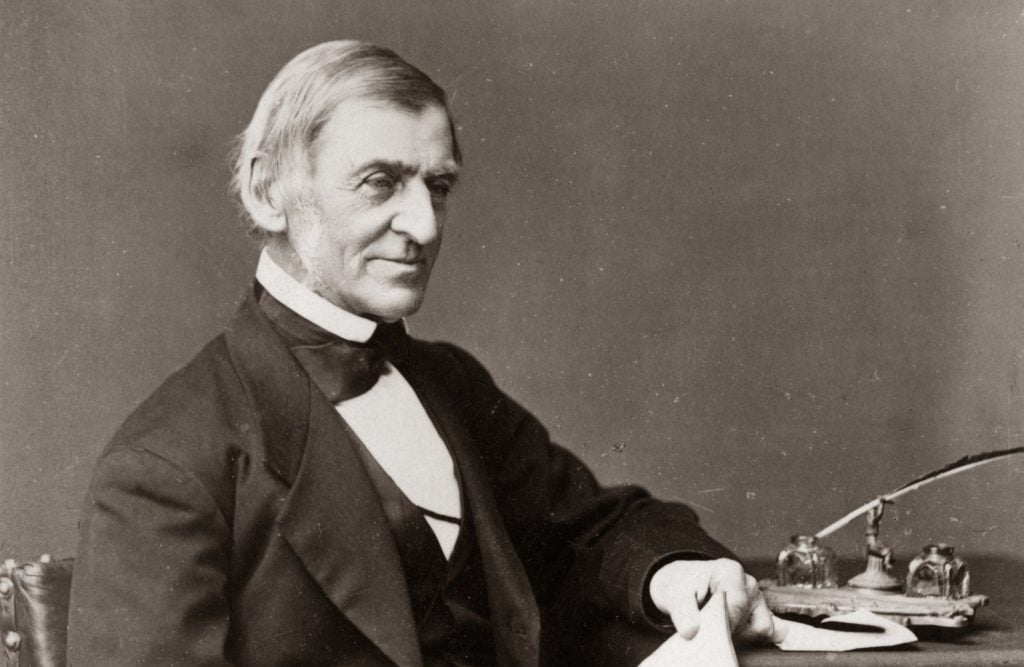Robert A. Gross is the James L. and Shirley A. Draper Professor of Early American History Emeritus at the University of Connecticut. His widely regarded book, The Minutemen and Their World won the Bancroft Prize.
Login to read more
Sign in or create a free account to access Subscriber-only content.
